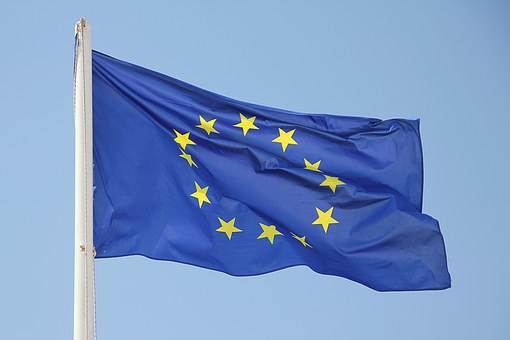 The European Central Bank has taken the decision to try to stimulate the Eurozone economy by re-starting its quantitative easing programme and by making the cost of leaving money on deposit with the bank more expensive. The decision will almost certainly be the last act of Mario Draghi’s tenure as President of the European Central Bank as his tenure comes to an end next month. Mr Draghi has been head of the ECB since 2011, the 72 year old will be replaced by the outgoing head of the IMF, Christine Lagarde, on the first of November.
The European Central Bank has taken the decision to try to stimulate the Eurozone economy by re-starting its quantitative easing programme and by making the cost of leaving money on deposit with the bank more expensive. The decision will almost certainly be the last act of Mario Draghi’s tenure as President of the European Central Bank as his tenure comes to an end next month. Mr Draghi has been head of the ECB since 2011, the 72 year old will be replaced by the outgoing head of the IMF, Christine Lagarde, on the first of November.
The ECB will inject liquidity into the Eurozone economy through commissions it pays to the financial institutions that will make the €20 billion a month worth of asset purchases under its revamped QE scheme. Under the original QE scheme which started in 2015, the bank now has €2.6 trillion in assets on its books which were procured against electronically generated credit. At some point, the intention is to sell these assets and cancel the credit used to generate them: pure economic legerdemain!
The ECB will continue with its QE measures for as long as they are needed. The bank also trimmed the interest payable (!) on commercial banks choosing to park their funds with the bank, tightening from -0.4% to -0.5% - a negative interest rate means that depositing banks must pay the ECB for monies they have on deposit with the central bank. The intention is that commercial banks will be more inclined to loan these funds to businesses (and individuals), boosting liquidity in the Eurozone rather than leave it on deposit with the ECB. The only problem with this is that it could be better for the banks to take the 0.5% hit rather than loan money to risky borrowers that could default on the loan (in case you were curious why any commercial bank should do this).
The main ECB interest rate remains at 0% - this is the interest that commercial banks need to pay the ECB to borrow money from it – it is currently free (and has been since March 2016), again, the purpose of this policy is to ensure that banks can lend money to businesses with the aim that it will stimulate the Eurozone economy.
